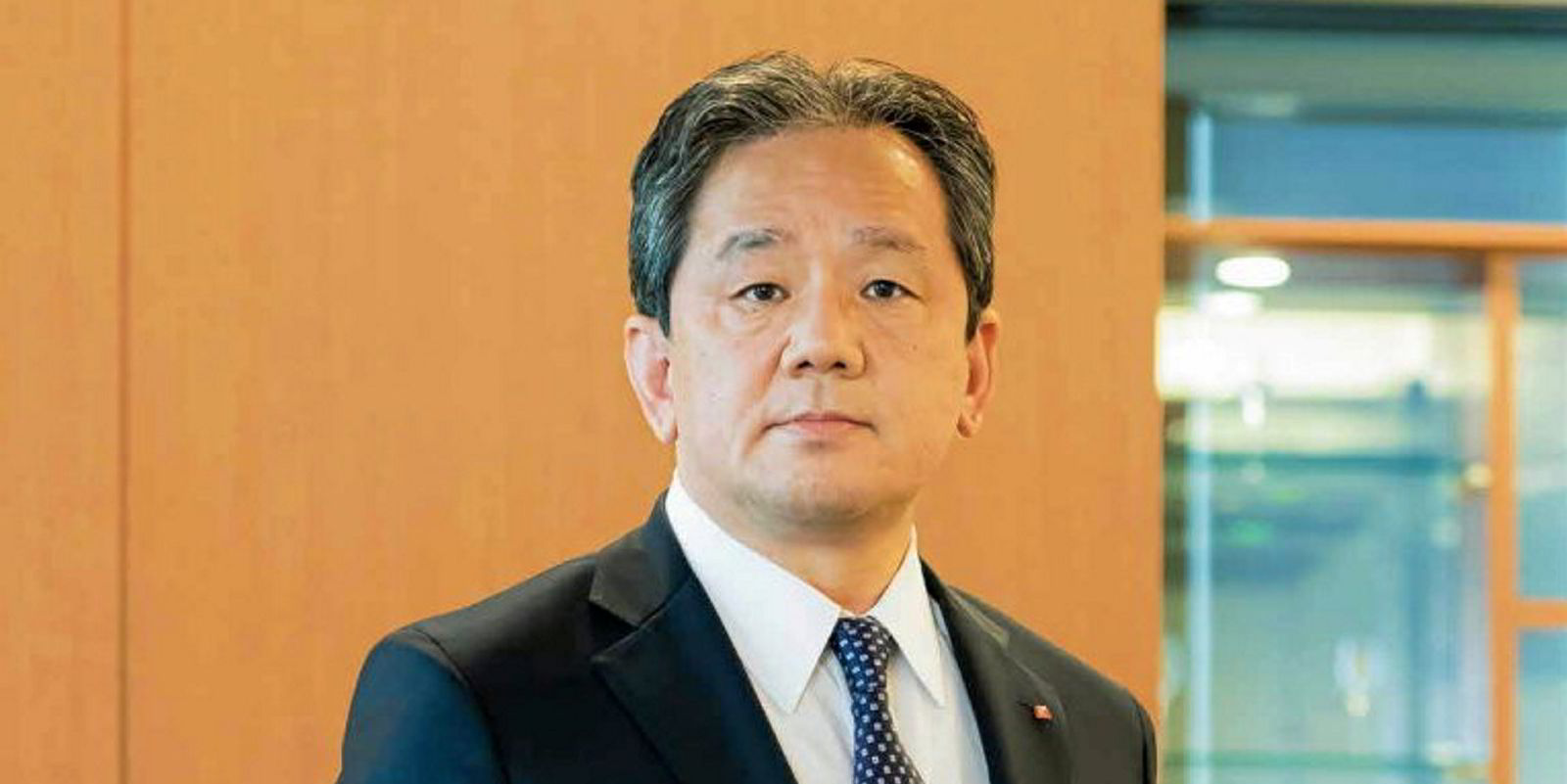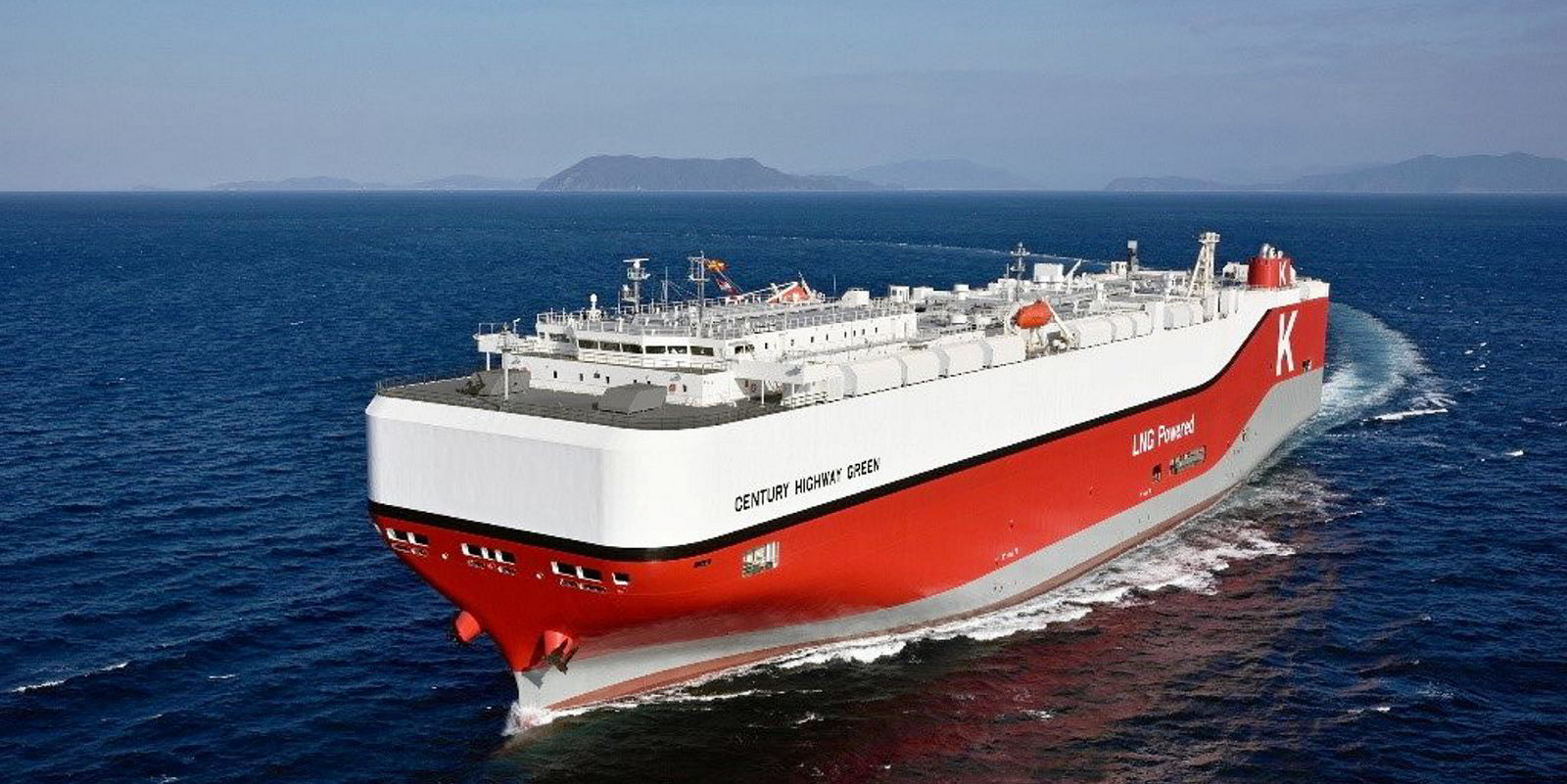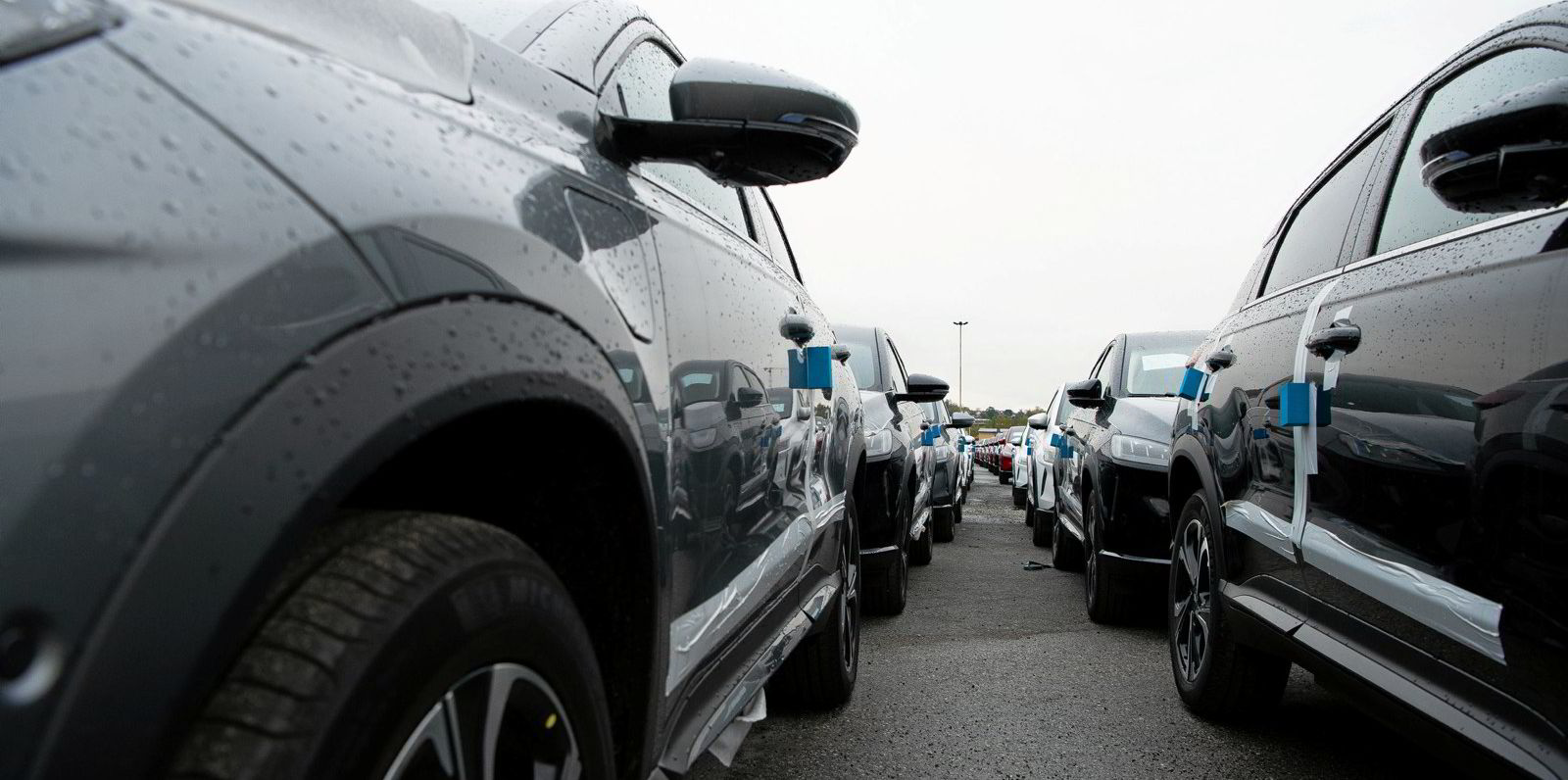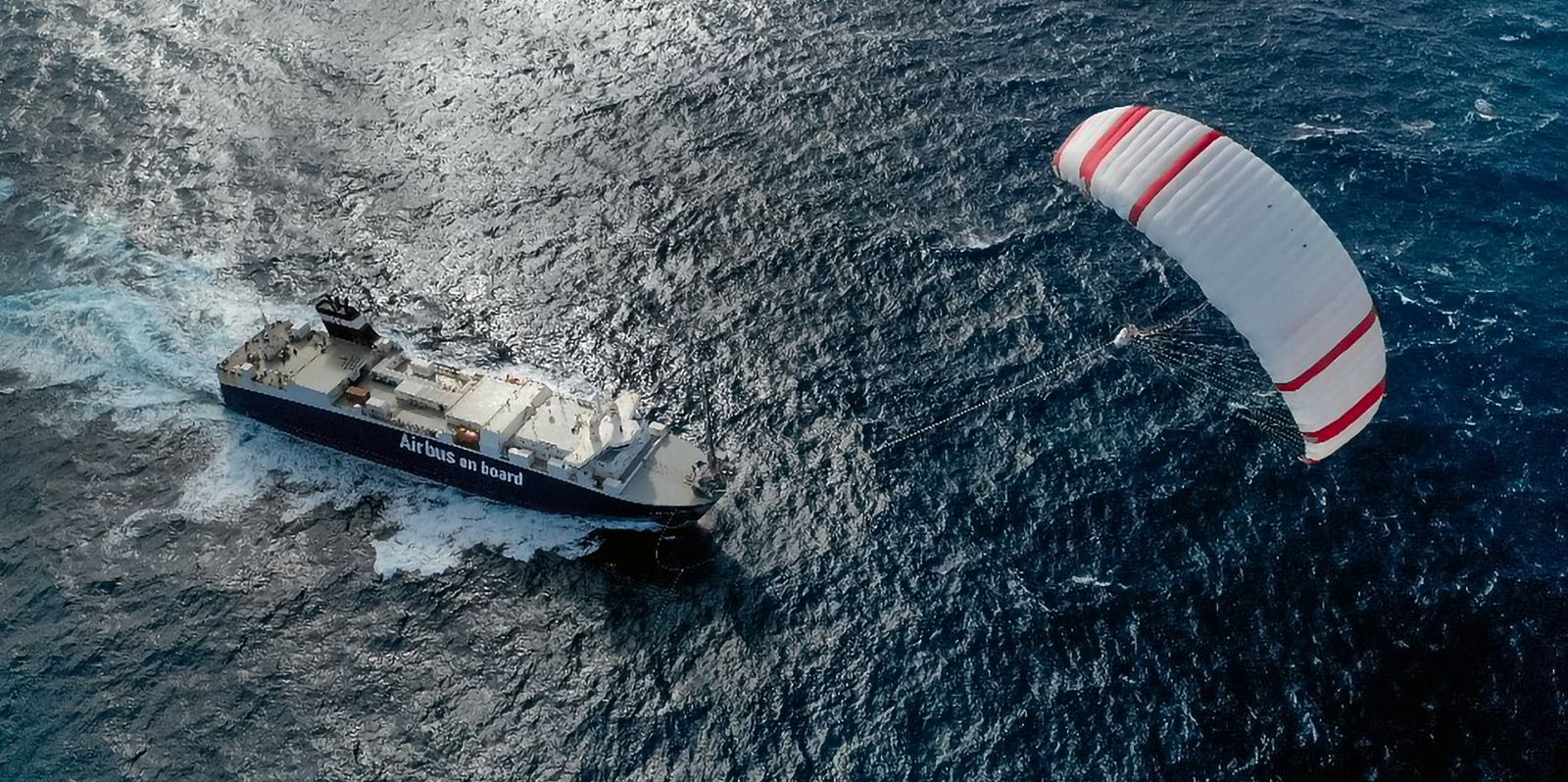Japanese shipping giant K Line is aiming to take advantage of growth in the car carrier demand to expand its business in the coming years.
At a Tokyo briefing, the company said it had identified the car transportation sector as a key “growth driver” for its business along with LNG and coal and iron ore carriers.
It forecasts car transportation demand will continue to increase to 2030 as a result of population and economic growth.
It said demand for car transportation is currently outstripping supply of vessels, but it expects supply and demand to roughly be in balance by 2027, as newbuildings are delivered into the market.
“With the recovery and growth of auto sales, marine transport demand is expected to increase by about 14% by 2026, and solid growth is expected toward 2030,” said managing director Takenori Igarashi.
The company said it would invest in larger, low-emission vessels that could carry high and heavy vehicles and would improve transport efficiency.
K Line is expecting to increase its overall car carrier fleet from 78 vessels today to 81 vessels by 2026, as it takes on newbuildings and after retiring the older vessels in its fleet.
It wants to increase its annual car transportation volumes from 46 million cubic metres today to 56 million cubic metres by 2030.
K Line said as part of the strategy it would remove unprofitable routes from its trading profile.
“We will realise sustainable business management based on solid demand, capturing environmental measures and high and heavy cargo as business opportunities,” Igarashi said.

Overall K Line is planning to invest ¥630bn ($4.5bn) between 2022 and 2026. Around ¥480bn of the spend will be on its growth sectors of car carriers, LNG and coal and iron ore carriers.
Around 60% of the will be aimed at improving environmental performance.
Chief executive Yukikazu Myochin said: “We aim to balance the continuous development of K Line and our contribution to a sustainable society and focus on investments that will improve corporate value.”
He added that business growth in the three sectors will be interlinked with the company’s environmental goals and would help it achieve its profit goals ahead of time.
“Based on the principle of balancing sustainable earnings growth and contribution to a sustainable development of society, we will make disciplined investments,” Myochin said.






